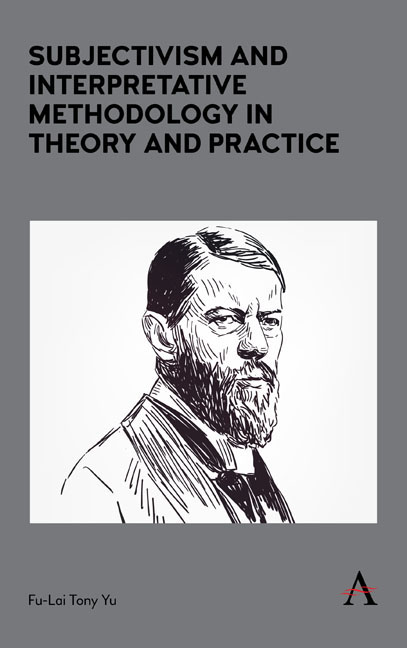7 - Blowing a Breath of Life into the Firm: Toward a Lachmannian Perspective of the Firm
Published online by Cambridge University Press: 28 February 2020
Summary
Abstract. This chapter attempts to provide a Lachmannian perspective of the firm. It argues that the entrepreneur is a systematic capital- structure builder. In the market process, capital resources are combined according to entrepreneur's vison and plans. As the market indicates that there is a need for the firm to expand, the entrepreneur will combine more capital resources with the capabilities to yield larger profit. However, if the firm encounters a financial loss due to wrong foresight, the entrepreneur must correct the plan and steer the firm toward a new direction. During the revision of plans, if the entrepreneur perceives that the costs of restructuring the capital structure is prohibitive, and it is better off to start a branded new capital combination for production, then the firm will be dissolved. Labor will be laid off. The Lachmannian perspective of the firm can be used to understand the growth strategies of the firm, namely, imitation, mergers and acquisitions, strategic alliance and joint venture.
Introduction
At the beginning, the firm in contemporary Neoclassical economics has no soul, only after Ludwig von Lachmann blows a breath of life into it that the theory of the firm rebirths.
In mainstream neoclassical economics, a firm does not have a soul. Scholars in mainstream economics create a robotic firm in their models and instructed the firm to produce “optimally” according to economists’ maximization principle. Ever since, a neoclassical firm becomes a calculating puppet, satisfying the economists’ lust of mathematics. However, the firm in reality is not established from numbers or quantitative models. Instead, in the real world, the firm is a dynamic entity functioning according to its creator, that is, entrepreneur, rather than according to the economist. Specifically, Austrian economics establishes itself as a unique discipline because it treats human agent and hence, its firm, with life, not a mindless robot. Any theory of the firm worthy of its name must be able to explain the real- world phenomena. It is not too exaggerated to say that a firm becomes a dynamic entity only after it had been created in the rudiment form by great thinkers in history of economics and finally by an Austrian economist, Ludwig von Lachmann who blew a breath of life into it.
- Type
- Chapter
- Information
- Publisher: Anthem PressPrint publication year: 2020



